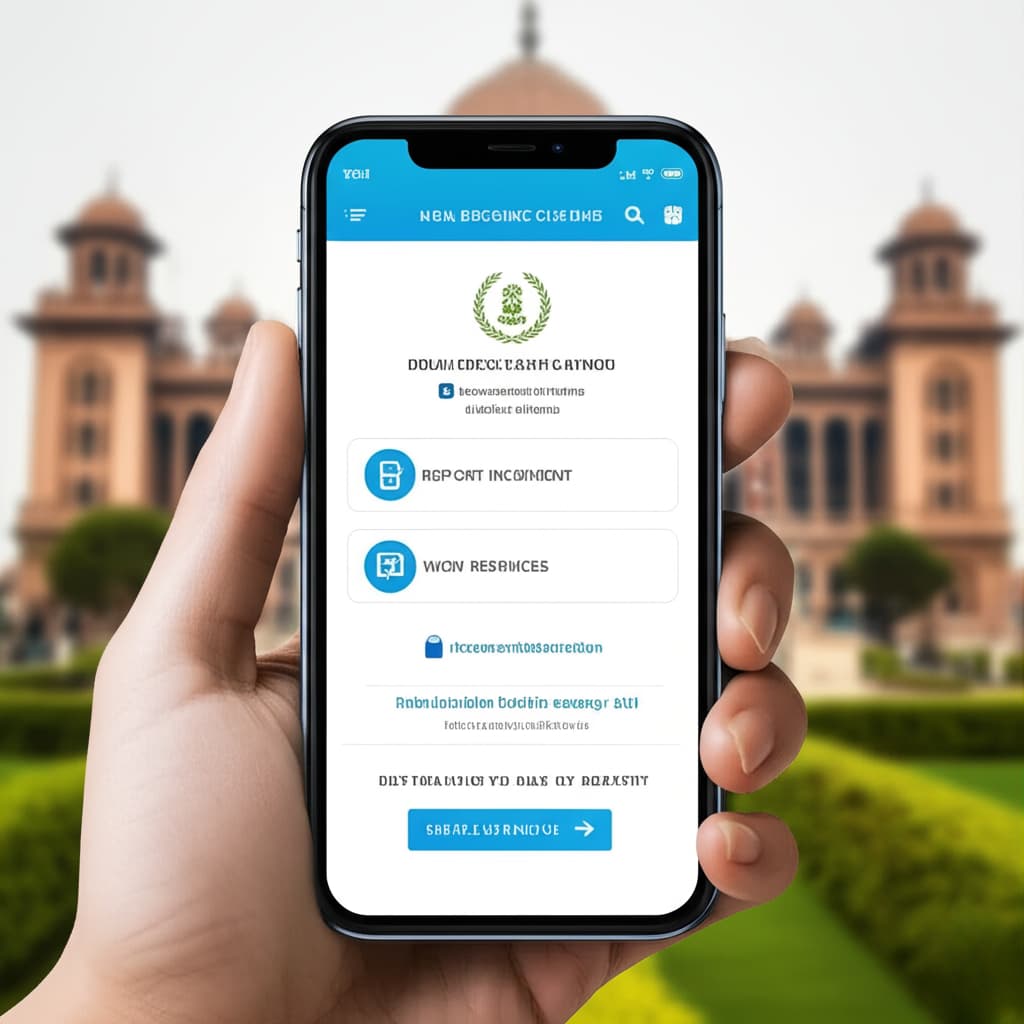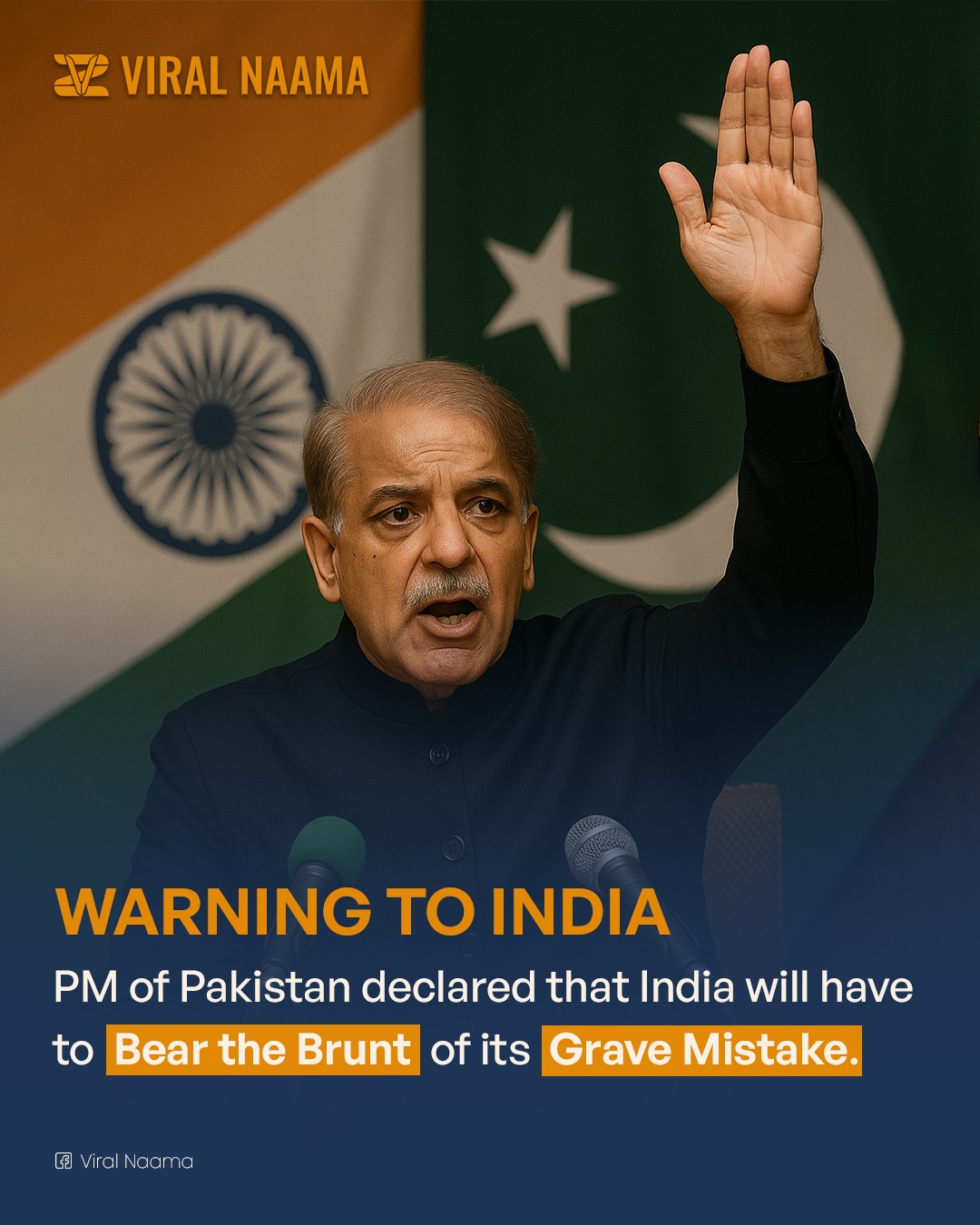
Lahore High Court directs creation of app to identify beggars and offer real support to the need
The Lahore High Court (LHC) has taken a decisive step to address the persistent issue of organized begging in Punjab by ordering the development of a dedicated mobile application. This initiative aims to identify beggars, dismantle the beggar mafia, and ensure genuine support reaches those truly in need.
Key Directives from the Lahore High Court
- Mobile App Development:
The LHC has instructed authorities to create a mobile application that will help identify beggars and monitor their activities. This app is intended to streamline efforts against organized begging and provide a mechanism for reporting and intervention2369. - Enforcement of Laws:
The court emphasized the full implementation of the Anti-Begging Act, highlighting that existing laws have not been effectively enforced by provincial departments. The LHC expressed dissatisfaction with the Punjab Home Department’s progress and demanded a comprehensive report within three months23689. - Action Against Beggar Mafia:
Authorities have been ordered to register FIRs against individuals and groups forcing children and vulnerable people into begging. The court recognized that many children seen begging are victims of trafficking and exploitation by organized mafias. - Rehabilitation and Shelter:
The LHC directed the establishment and activation of functional rehabilitation centers and shelter homes to support beggars, focusing on their reintegration into society rather than mere penalization3689.
Recent Legal Changes and Penalties
- Begging as a Non-Bailable Offence:
The Punjab government has amended the Vagrancy Ordinance 1958, making begging a non-bailable offence. The beggar mafia can now face up to eight years in prison and fines up to Rs 500,000234578. - Targeting Organized Crime:
The new amendments specifically target ringleaders and those who exploit others for begging, with harsher penalties for repeat and organized offenders7.
Expected Impact of the App and New Measures
- Efficient Identification:
The app will allow authorities and citizens to report suspected cases of forced begging, helping to distinguish between genuine need and organized exploitation. - Data-Driven Action:
Real-time data from the app will support law enforcement and social services in targeting interventions where they are most needed. - Support for Vulnerable Individuals:
By focusing on rehabilitation and shelter, the initiative aims to offer long-term solutions rather than temporary fixes.
How the Anti-Begging App Will Work (Expected Features)
- Reporting Mechanism:
Citizens can report incidents of begging or suspected exploitation directly through the app. - Database of Registered Cases:
Authorities can track cases, monitor progress, and coordinate with social welfare departments. - Integration with Law Enforcement:
The app will facilitate the registration of FIRs and legal action against the beggar mafia.

FAQs
Q: What is the main purpose of the LHC’s directive?
A: To curb organized begging by using technology, enforce anti-begging laws, and provide real support and rehabilitation to those in need.
Q: What penalties do offenders now face?
A: The beggar mafia can be sentenced to up to eight years in prison and fined up to Rs 500,000 under the amended law234578.
Q: How will the mobile app help?
A: The app will enable authorities and the public to identify, report, and take action against forced begging and organized exploitation, while also connecting genuine beggars to rehabilitation services.


















